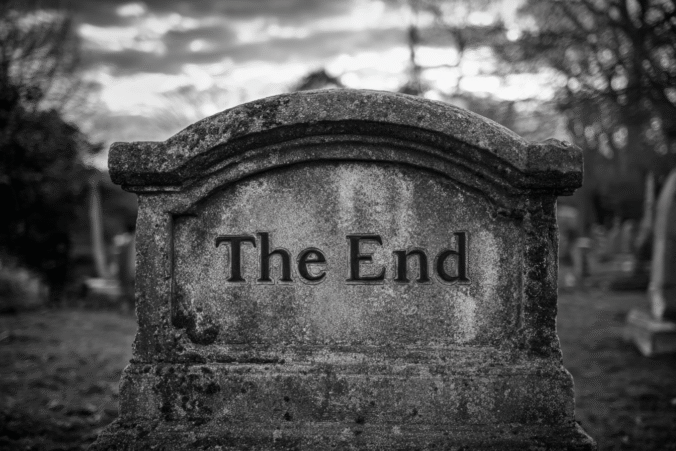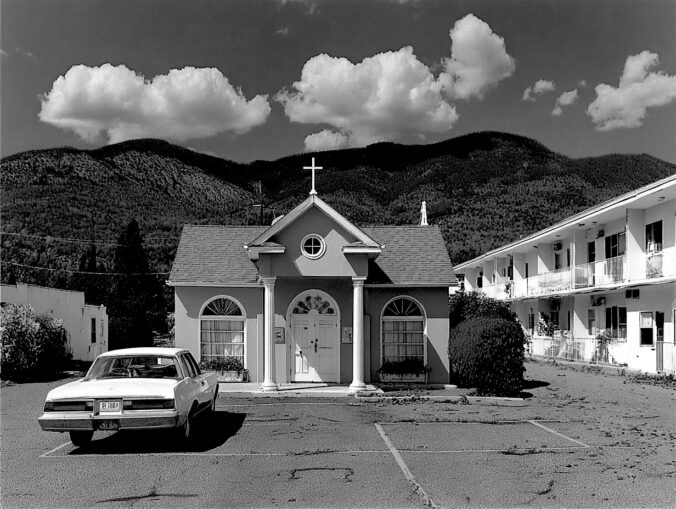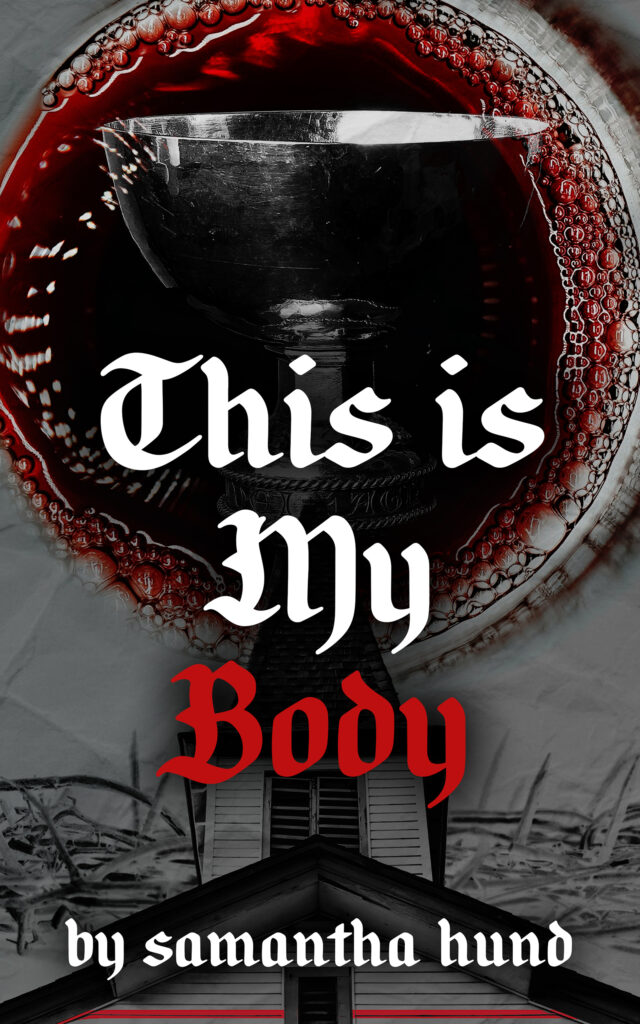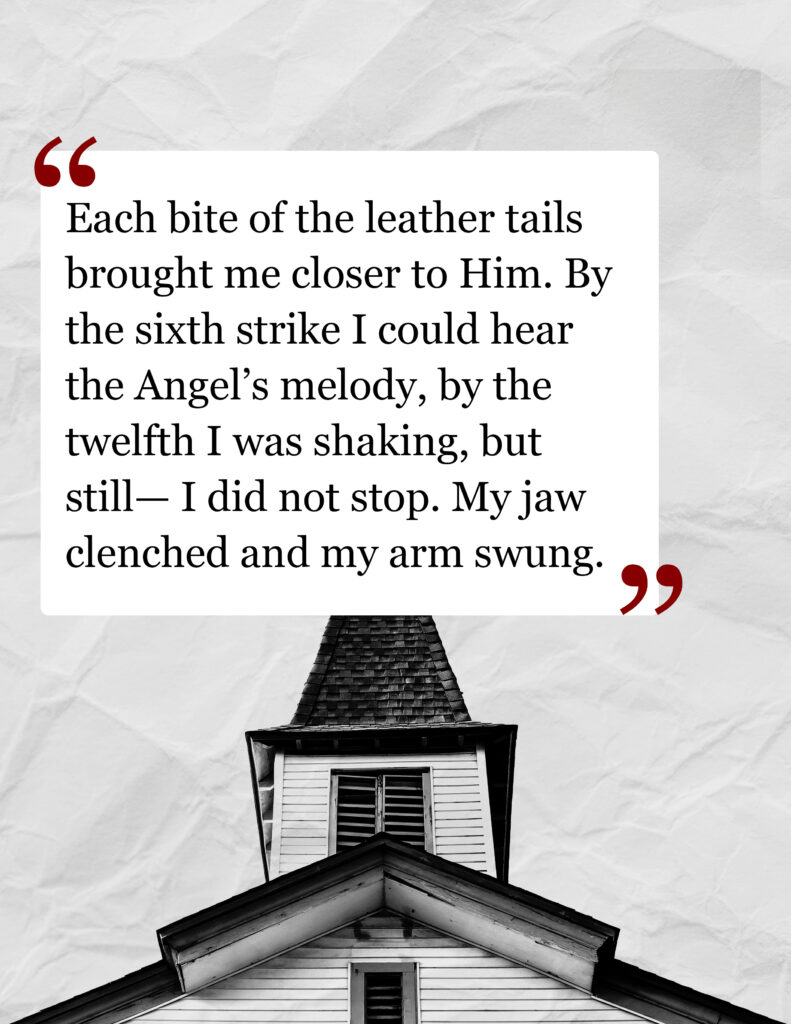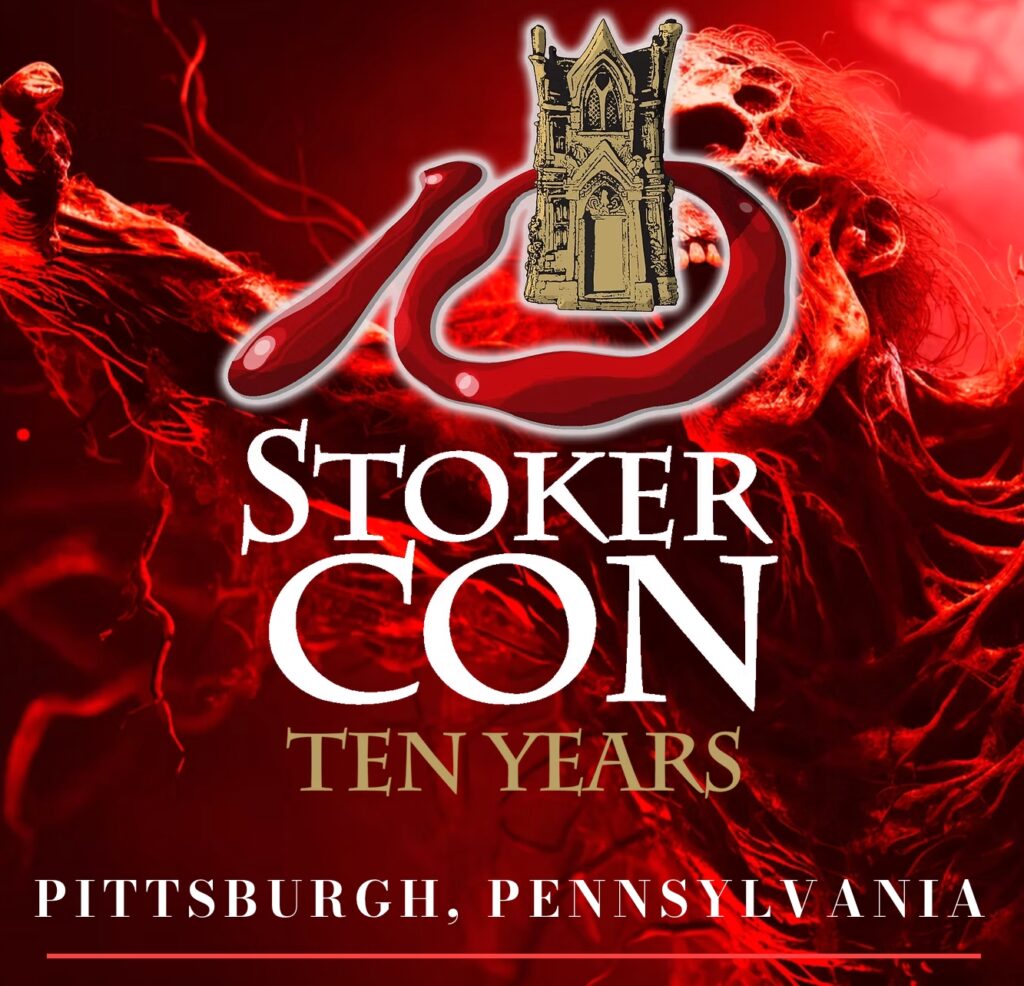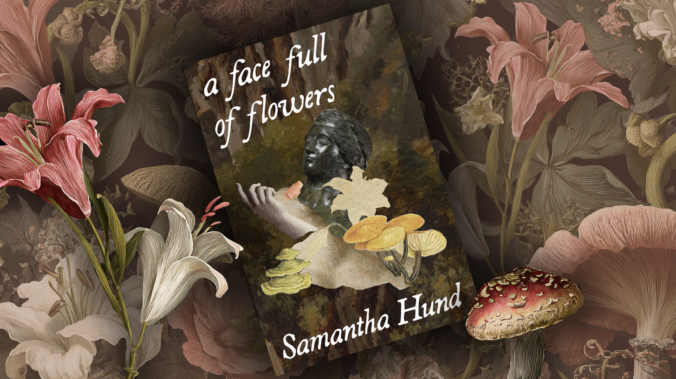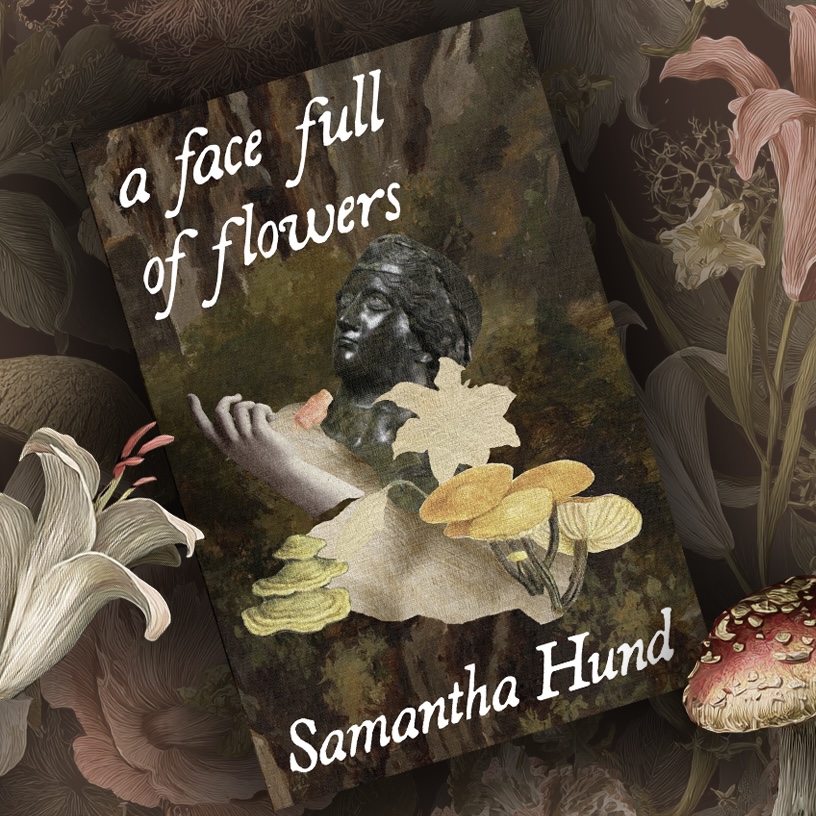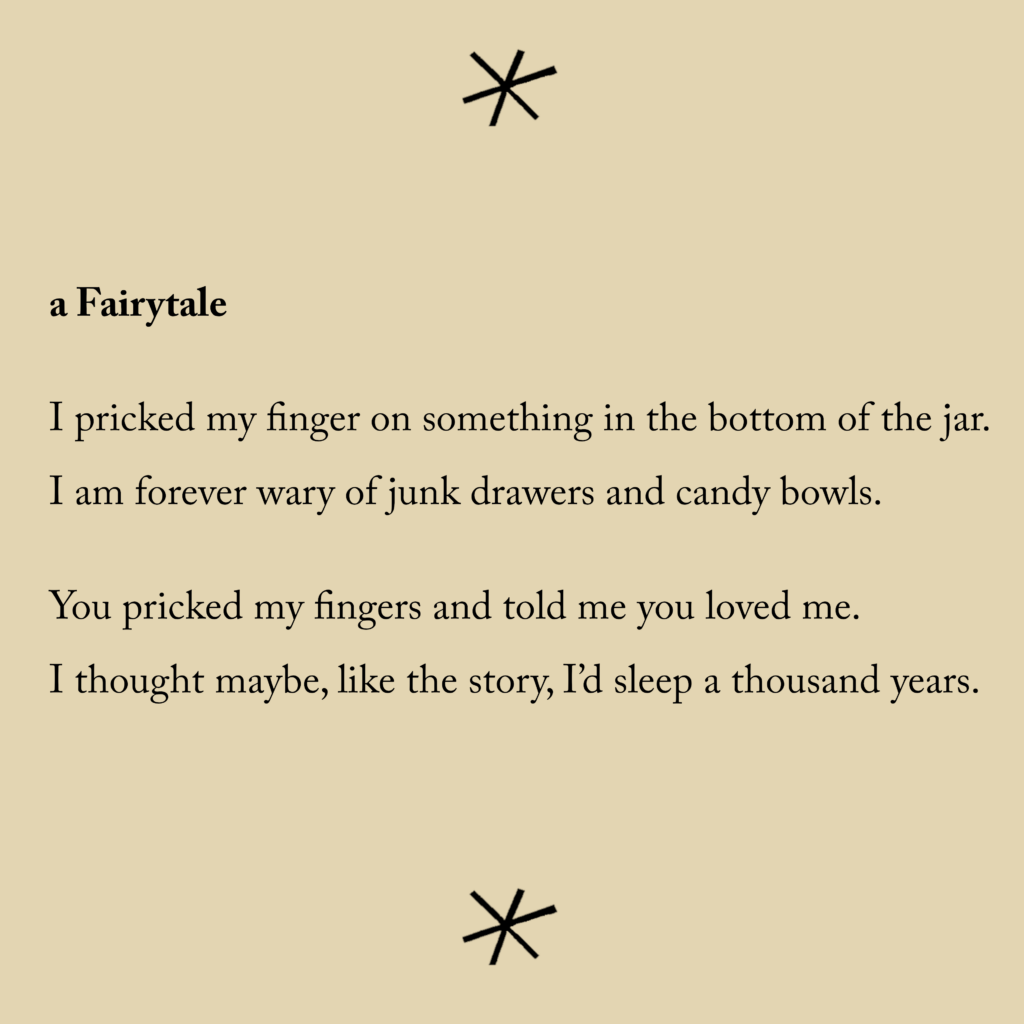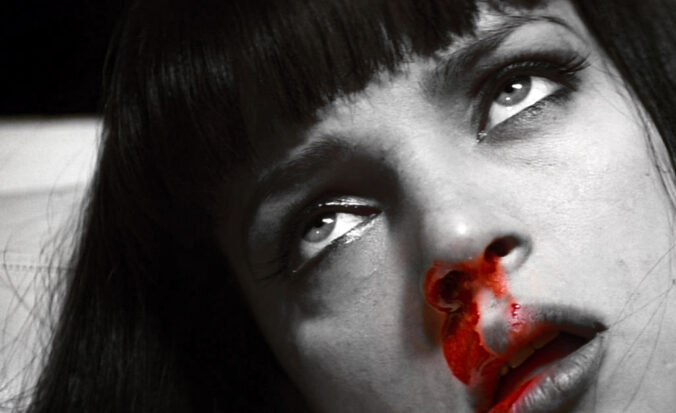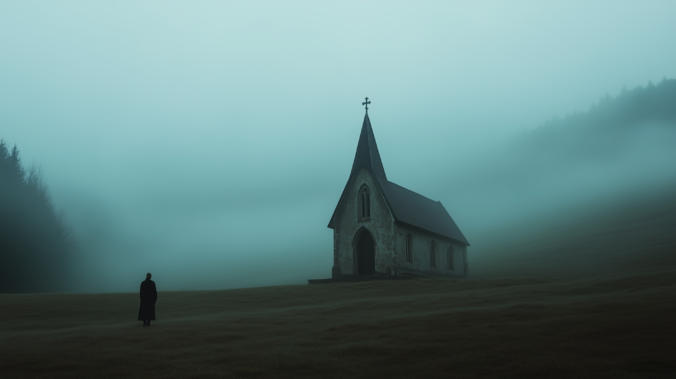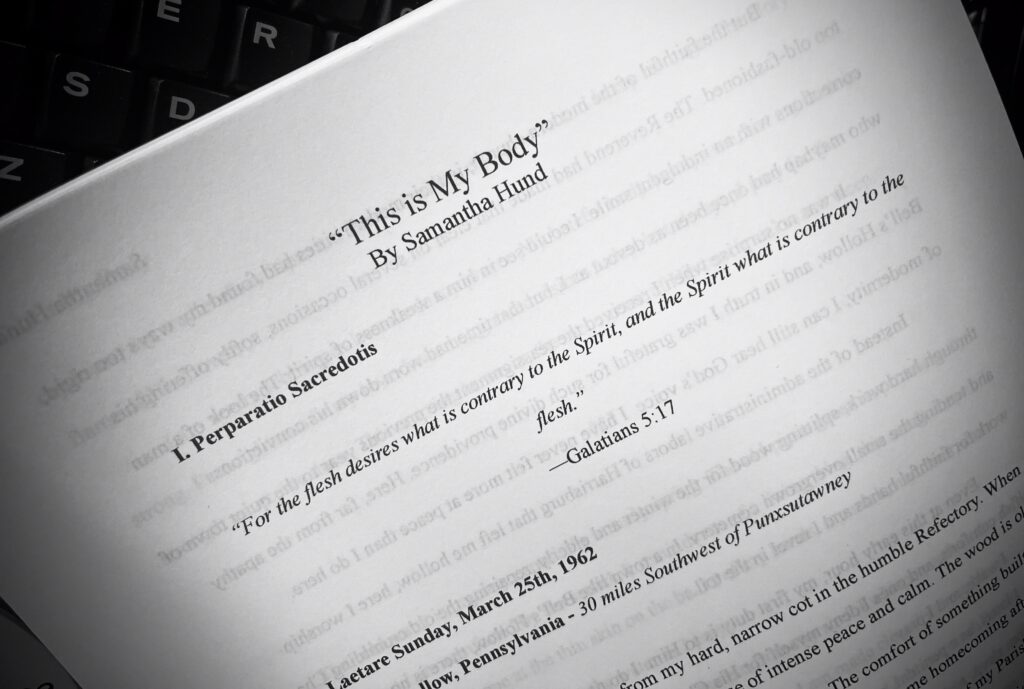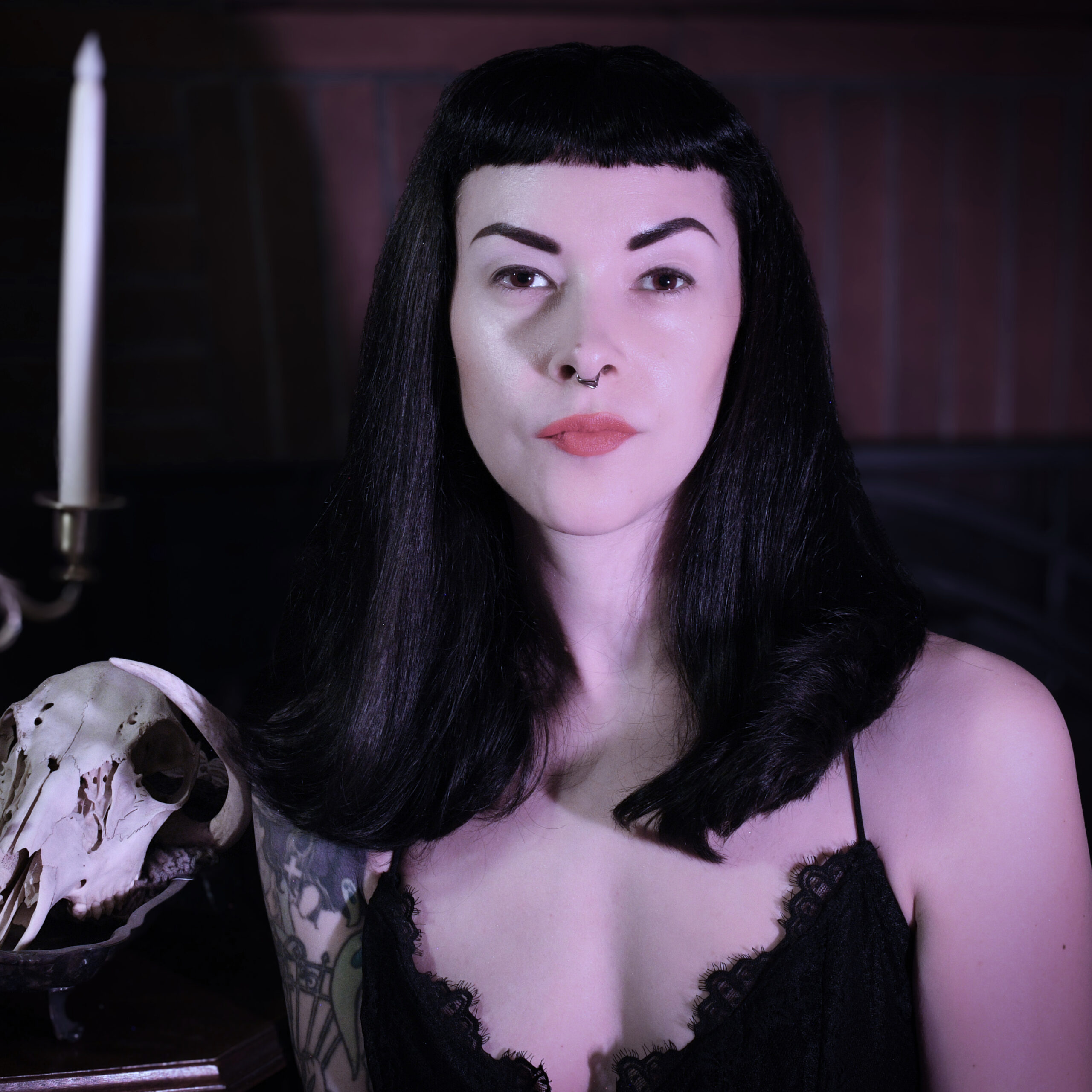It smelled like mud today. Just the barest whisper on the breeze, the snow melting into soggy gray sludge on the streets outside. Hardly anything to celebrate, but for a moment—I had a hazy delusion, imagining warmer days ahead.
There will be many false starts and stops, and this is only the cruelest of teases, but I’ve learned to cling to each small drip of dopamine this time of year. We’ve had weeks of deep freeze and negative temperatures, so a balmy 20° F gives me joy.
Metaphors aside, I’ve also had the more than welcome warmth of writing news. In fact, I even find myself a bit suspicious of my good fortune. I’ve recently had an onslaught of positive responses to my writing, with acceptances in poetry, short fiction, and even more interest in my querying novel.
I think to a point, you become conditioned to a state of silence as a writer. However, it can make certain days feel incredibly surreal when your quiet work is recognized. I confess, I still find praise difficult to withstand. I have received such encouraging feedback from editors of late, and seeing my work connect with others is a wonderful gift. I am both extremely humbled and excited by these opportunities. Expect some publication news over the next few months, and I’ll update my Published Works section with the relevant links.
Let’s see, I’ve also lined up a few writing events for myself just to keep momentum going. I haven’t done a live pitch before so this should be an interesting learning experience. So far my elevator pitch of The Last Dawn has consisted of variations on; “This is a book about people who keep making bad choices. And it just gets worse.” Which is probably not a great way to stir interest. Mostly people ask me if there’s smut/spice. I still haven’t come up with a clever answer to that.
I’ll workshop something intriguing for my pitch sessions, or at least try. I tend to be polarizing in person, so this might be a struggle. I think there must be some extra awkwardness to having someone say ‘not for me’ directly to your face, but I didn’t endure years of live critique in college for nothing.
I also find myself thinking that the next few months will probably bring the end of my querying this project for now. Calling it on a project is always hard, but next month it will have been a year of querying. I have to be realistic about these things, and I do have a new novel that needs my attention. I refuse to think of it as failure, but more of a pragmatic pause.
I’m still proud of The Last Dawn, it’s exactly the book I wanted to write. If I’ve hamstrung myself by going too risky with it—that was my choice and I stand by it. I could have played it safer, and maybe that would have been the smarter call, but I chose not to. Willfully. Stubbornly. And if that isn’t my writing style in a nutshell, I don’t know what is.
I’m not throwing in the towel yet, there are still live opportunities for The Last Dawn, but I’m too restless to keep all my eggs in one basket. I’d like to keep on track of completing one novel per year, and work on The Patron progresses. I’m very excited to see what kind of response this one gets; and it’s definitely more literary (can you be literary and low-brow? we’ll find out!), more gothic, and more millennial-humor coded than my other work so far. It’s refreshing to step outside the fantasy space a bit and write something a bit snappier, a bit more present, and overall less lofty.
A fitting end to this blog would be to reminisce slightly on endings in general. I finished reading three books from my TBR stack this last week and I was summarily engulfed by the strange grief that follows finishing a book you connected with.
The Vampire Tapestry, by Suzy McKee Charnas left me quite bereft. There is a beautiful meditative, probing sort of philosophy that is threaded throughout the story that I think is so rare in modern publishing. I think it might be our collective attention span as readers has waned, so much that novels structured in this way get lost, but I devoured it. I found Weyland captivating, and the various characters that reflect him to be incredibly human, and impossibly empathetic. As I finished the last page I was hit with that old, wonderful feeling—a mixture of satisfaction, loss, and awe.
This is the power of a story, one that truly lasts. The ending matters. As a reader, you have trusted the author. You have allowed them to take you on a journey. When they leave you at the end, what remains?
Give me something to keep thinking about, because that is what will linger with me long after we’ve parted ways. That is what will make me eager to pick up a book and start all over again.
Keep me thinking, keep me wondering, keep me dreaming.
Wistfully—SMH
